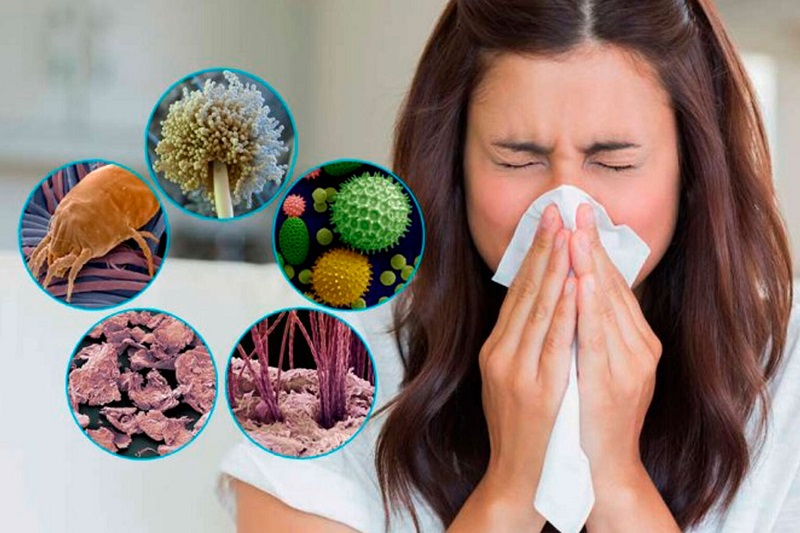Allergy is a medical condition in which the immune system overreacts to a substance that is usually harmless. Common allergens include pollen and certain foods. Although many people experience only mild symptoms, the condition can affect a person’s daily life. Allergic reactions typically affect the skin, airways, and mucous membranes. Symptoms may appear several hours or even days after the person first comes into contact with the allergen.
Allergy is a complex condition, with many causes and a genetic component. Some people are genetically predisposed to develop allergies, while others may not. Environmental factors, such as air pollution, can also play a role in the development of an allergy. For example, cigarette smoke can trigger allergic reactions in certain people.
Symptoms of allergy include swelling, rash, and pruritus. In extreme cases, the body can suffer an anaphylactic reaction, which can be life-threatening. The affected person may also experience abdominal cramps, wheezing, bronchospasm, or stridor. In such a case, it’s important to consult a physician as soon as possible.
There are several types of allergy treatment. Allergy shots, avoiding allergens, and medicine are the three main methods. Taking avoidance measures can help you manage your symptoms and avoid the triggering factors. As mentioned above, it’s essential to visit a doctor if your symptoms are severe and can’t be controlled through avoiding allergens. If these measures are not enough, an allergist may prescribe immunotherapy or allergy medications.
Certain lifestyle and dietary factors may help to reduce your risk of developing allergies. For example, breastfeeding an infant has been linked to a decreased risk of allergic asthma, although it doesn’t affect other allergy symptoms. Furthermore, children who grow up in a smoke-free environment are also less likely to develop allergies.
A blood test can be used to diagnose allergies. It measures IgE antibodies to allergens in the blood and may be used in cases where skin tests can’t be performed. It may also be used in people with certain skin conditions or if a recent severe allergic reaction is suspected. A positive blood test does not necessarily mean an allergy, so it’s important to consult a healthcare provider who understands the test. It may also take a longer time and cost more than other allergy tests.
The most common types of allergies are food and indoor/outdoor allergies. However, there are other types of allergies, including drug and insect allergies. A person with a food allergy will need to avoid certain types of food in order to prevent a triggering reaction. It is important to consult a physician if a food allergy becomes chronic.
The common symptoms of allergies are rashes on the skin and itchy eyes. People with allergies may also develop a cough. If these symptoms persist for more than a few weeks, it may be a sign of asthma. Other symptoms may include chest tightness and shortness of breath.




